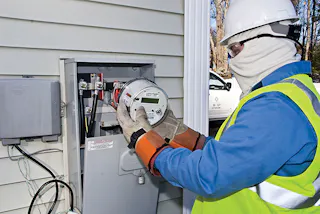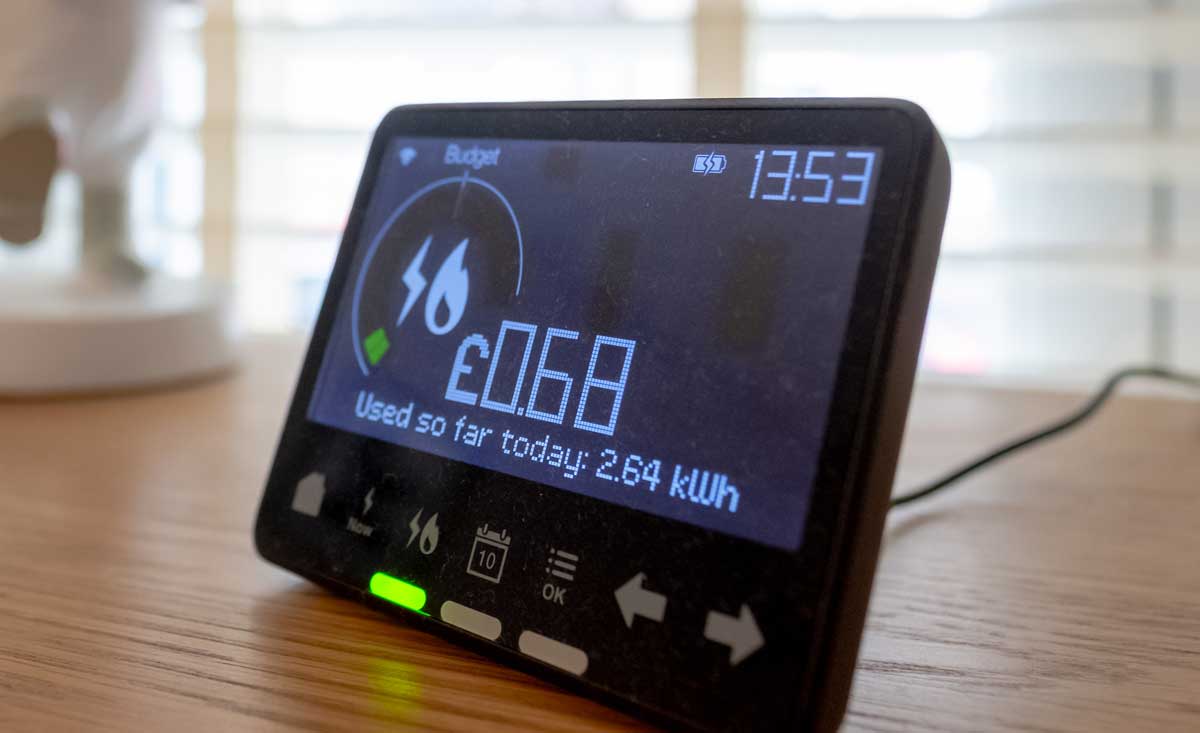
Privacy and Security Considerations in Smart Metering: Safeguarding Smart Meter Data Privacy
Smart Meter Privacy Concerns:
As smart meters gather detailed information about energy usage patterns, concerns regarding privacy naturally arise. Here are some common smart meter privacy concerns:
a. Granular Data Collection: Smart meters capture data at frequent intervals, revealing highly granular information about energy consumption patterns. This raises concerns about the potential invasion of privacy, as the data can provide insights into individuals' activities and lifestyles.
b. Third-Party Access: The data collected by smart meters is often transmitted to utility companies or other third-party service providers. The possibility of unauthorized access to this data by malicious actors poses a significant privacy risk.
c. Personal Identifiable Information (PII): Smart meter data can potentially contain PII, such as personally identifiable consumption patterns or energy usage habits. If mishandled, this data could be exploited for malicious purposes or lead to profiling of individuals.
Ensuring Smart Meter Data Privacy:
To address the smart meter privacy concerns outlined above, several measures can be implemented to protect consumer data and maintain privacy:
a. Strong Data Encryption: Employing robust encryption protocols ensures that smart meter data remains secure during transmission and storage. Encryption techniques such as AES (Advanced Encryption Standard) can significantly reduce the risk of unauthorized access.
b. Access Controls and User Consent: Implementing strict access controls and obtaining explicit user consent for data collection and sharing can empower consumers to have control over their data. Clear and transparent privacy policies should be in place, outlining the purpose and scope of data usage.
c. Anonymization and Aggregation: To mitigate privacy risks, utilities can adopt anonymization techniques that strip personal identifiers from the collected data. Aggregating the data can further protect individual privacy by preventing identification of specific consumption patterns.
d. Data Minimization: Utilities should adopt a "need-to-know" approach when collecting and retaining smart meter data. By limiting the collection of unnecessary data and minimizing the storage duration, the risk of data breaches and privacy infringements can be reduced.
e. Robust Security Measures: Implementing stringent security measures, such as firewalls, intrusion detection systems, and regular vulnerability assessments, helps protect smart metering infrastructure from cyber threats.
While smart metering brings undeniable benefits to the energy sector and consumers, privacy and security considerations should not be overlooked. By prioritizing smart meter data privacy, implementing robust encryption, access controls, and anonymization techniques, we can strike a balance between energy efficiency and preserving individuals' privacy. It is crucial for utilities, regulators, and consumers to work together to ensure that the potential risks associated with smart metering are mitigated, creating a safe and secure environment for all.

